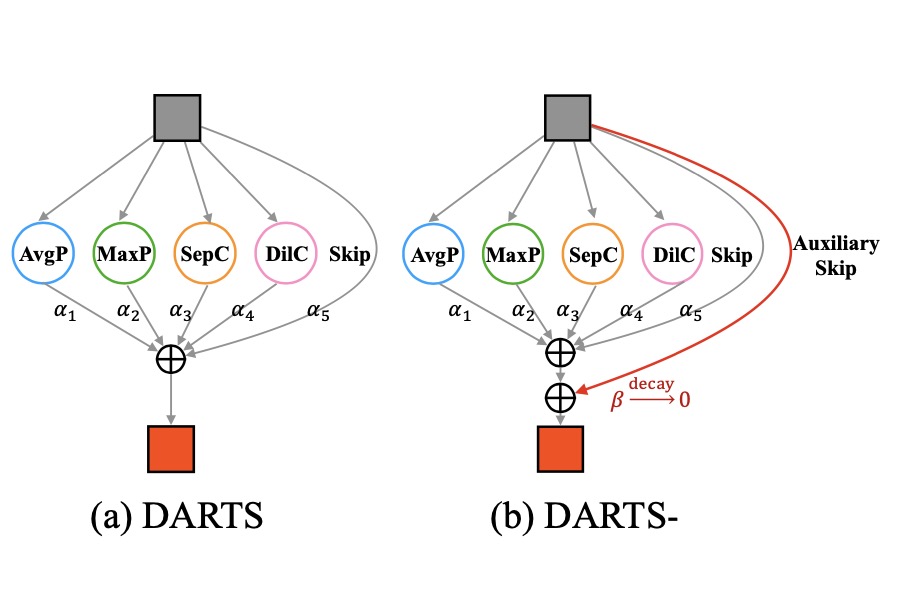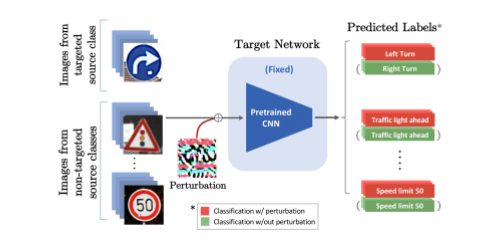Abstract:
Website Fingerprinting (WF) attacks threaten user privacy on anonymity networks because they can be used by network surveillants to identify the webpage being visited by extracting features from network traffic. A number of defenses have been put forward to mitigate the threat of WF, but they are flawed: some have been defeated by stronger WF attacks, some are too expensive in overhead, while others are impractical to deploy. In this work, we propose two novel zero-delay lightweight defenses, FRONT and GLUE. We find that WF attacks rely on the feature-rich trace front, so FRONT focuses on obfuscating the trace front with dummy packets. It also randomizes the number and distribution of dummy packets for trace-to-trace randomness to impede the attacker’s learning process. GLUE adds dummy packets between separate traces so that they appear to the attacker as a long consecutive trace, rendering the attacker unable to find their start or end points, let alone classify them. Our experiments show that with 33% data overhead, FRONT outperforms the best known lightweight defense, WTF-PAD, which has a similar data overhead. With around 22%–44% data overhead, GLUE can lower the accuracy and precision of the best WF attacks to a degree comparable with the best heavyweight defenses. Both defenses have no latency overhead.









































